This morning, the National Assembly discussed the report of the monitoring delegation and the draft resolution of the National Assembly on the implementation of policies and laws on environmental protection since the Law on Environmental Protection 2020 took effect.
Delegate Thach Phuoc Binh ( Vinh Long ) commented: "For the first time, we put nature on par with humans, considering environmental protection as the foundation of growth, not the price to pay for development."
However, delegates acknowledged that pollution control work has progressed but is not yet sustainable.

Delegate Thach Phuoc Binh proposed issuing climate bonds and having tax incentives for businesses investing in clean technology... Photo: National Assembly
According to delegates, the urban waste collection rate is 97%, but only 18% of wastewater is treated, nearly 60% of waste is still buried, mainly in rural areas and small urban areas. Many landfills that have existed for decades such as Nam Son (Hanoi), Khanh Son (Da Nang), Tan Long (former Tien Giang province, now Dong Thap province) are still "environmental hotspots".
In Hanoi, there were times when fine dust levels exceeded the recommendations of the World Health Organization (WHO), affecting the health of millions of people. Delegate Binh said: The Cau River, Nhue - Day River, and Bac Hung Hai River basins are highly polluted with organic matter, while the budget for waste treatment accounts for only about 1.2% of the total state budget, lower than Thailand, Indonesia, and Malaysia.
Waste classification at source only reaches about 15% of households, many businesses still consider environmental costs as a "burden" instead of "investment for the future"...
"All of that shows that Vietnam's environment is at its limit of tolerance. If there is no strong transformation, the cost of remediation will be much greater than the cost of prevention," delegate Binh affirmed.
From here, he believes that it is time to consider the environment as an indicator of national governance capacity, not just a technical task. He proposed that the National Assembly include “green GDP”, “low carbon growth”, and “environmental health index” in the system of national development indicators.
According to him, the Government needs to issue a national green finance policy, issue climate bonds, establish a local green fund and have tax incentives for businesses investing in clean technology.
"One dong spent on the environment today will save dozens of dong for healthcare and disaster relief tomorrow," said Mr. Binh.
He proposed administrative reform, shifting from “control” to “smart supervision”. Localities also need to be strongly decentralized according to the principle of “local decision - local action - local responsibility”. Technology is the “extended arm” of public responsibility.
Delegate Thach Phuoc Binh said that environmental protection is not a trade-off for growth, it is the foundation for long-term development. He expressed: "If we do not act strongly today, tomorrow all economic achievements will be swept away by polluted water and suffocating air."
There is a need to investigate the use of natural precious wood to make beds, cabinets, tables and chairs.
Delegate Nguyen Lan Hieu (Gia Lai) said that the monitoring delegation's report mentioned the need to reforest areas that have been cut down, but the most important thing now is to try to preserve the natural forest area.
"Perennial trees are the lungs, which are also an effective mechanism to retain soil and water, avoiding landslides and floods that are occurring more frequently and more severely in all regions of the country," said Mr. Hieu.

Delegate Nguyen Lan Hieu: The most important thing now is to try to preserve the natural forest area. Photo: National Assembly
According to the delegates, the area of natural forests is still shrinking from year to year and there is no sign of stopping. This situation shows that the plan to convert forests for socio-economic development purposes in many provinces and cities still needs to be considered, because it is expected that in the next 10 years, there will be forest areas that need to be converted to serve socio-economic development.
He suggested that the monitoring report should mention more specifically the situation of natural forest protection, stating clearly how much forest area will be used in the future, how to replant, what trees to plant...
“In particular, there needs to be an investigation into the actual use of precious natural wood to make items such as tables, chairs, beds and wardrobes,” delegate Hieu suggested. According to him, figures are needed to prove “we are determined to protect the forest” and what results have been achieved.
Mr. Hieu emphasized that to protect forests, it is necessary to get to the "root", which is the situation of deforestation to get wood for making utensils and taking forest land to develop projects. The delegate cited many countries that focus on protecting forests with laws. Norway has a law against deforestation, and China has also made many improvements in planting and protecting forests.
Meanwhile, delegate Nguyen Ngoc Son (Hai Phong) affirmed that the environment is an irreplaceable fundamental factor. Resources, climate, and ecosystems are “natural inputs” for all production, living, and service activities. Loss of the environment means loss of the ability to maintain production, loss of quality of life, and decline in social productivity.

Delegate Nguyen Ngoc Son: It is necessary to stipulate a minimum rate of 1% of total state budget expenditure for the environment. Photo: National Assembly
According to him, the environment determines sustainability, not the growth rate. A country can increase its GDP rapidly in 5-10 years, but if it is accompanied by a decline in air quality, river and lake pollution, deforestation, land degradation, etc., the price to pay will eliminate the growth results.
He also said that the environment is the foundation for attracting high-quality investment that does not cause long-term destruction. If the environment is weak, Vietnam will be eliminated from the global green supply chain. On the contrary, a green economy with a good living environment will be a "competitive advantage in the new era".
Therefore, delegates emphasized that socio-economic development cannot be sustainable if the environment continues to be considered as a "post-check", "following behind", or "risk blocker".
He acknowledged that the environment has not received adequate investment. The budget expenditure for environmental causes is low, only about 0.7% of the state budget, many localities spend less than 0.3%, not enough for monitoring, waste treatment, communication, inspection... Therefore, it is necessary to increase public investment and budget expenditure for the environment, it is necessary to stipulate a minimum rate of 1% of total state budget expenditure, with public monitoring.
Source: https://vietnamnet.vn/mot-dong-cho-moi-truong-tiet-kiem-hang-chuc-dong-cho-y-te-khac-phuc-thien-tai-2457049.html


![[Photo] Draft documents of the 14th Party Congress reach people at the Commune Cultural Post Offices](https://vphoto.vietnam.vn/thumb/1200x675/vietnam/resource/IMAGE/2025/10/28/1761642182616_du-thao-tai-tinh-hung-yen-4070-5235-jpg.webp)


![[Photo] Flooding on the right side of the gate, entrance to Hue Citadel](https://vphoto.vietnam.vn/thumb/1200x675/vietnam/resource/IMAGE/2025/10/28/1761660788143_ndo_br_gen-h-z7165069467254-74c71c36d0cb396744b678cec80552f0-2-jpg.webp)

![[Photo] National Assembly Chairman Tran Thanh Man received a delegation of the Social Democratic Party of Germany](https://vphoto.vietnam.vn/thumb/1200x675/vietnam/resource/IMAGE/2025/10/28/1761652150406_ndo_br_cover-3345-jpg.webp)
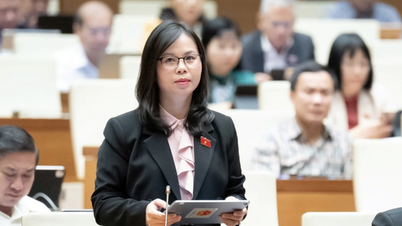

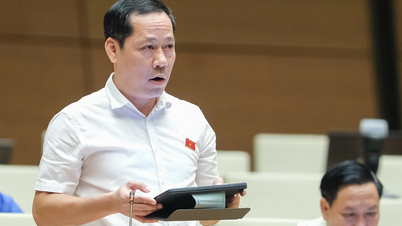

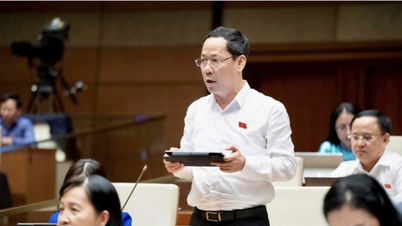

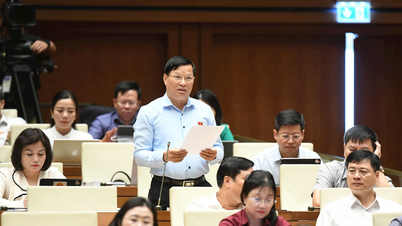
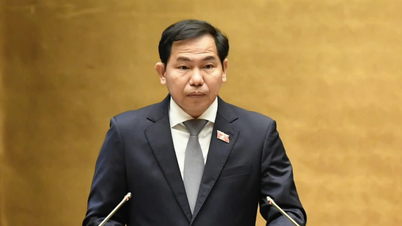

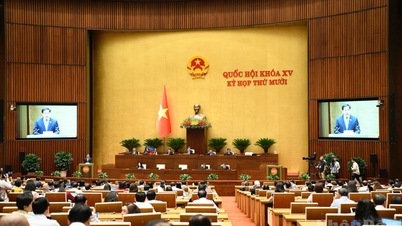


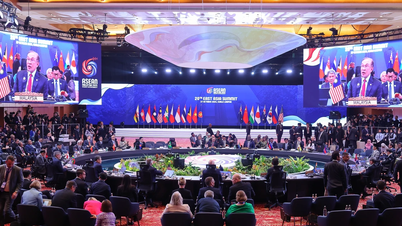




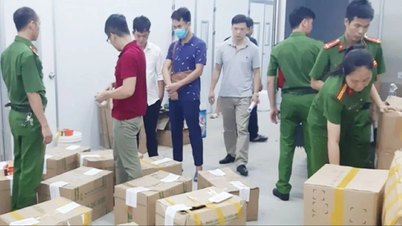

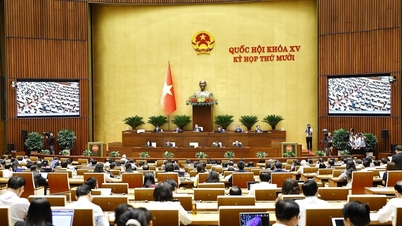





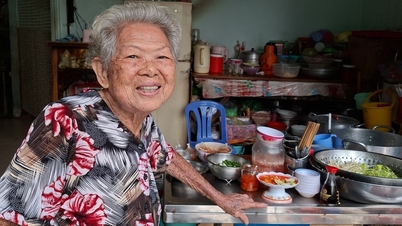




![[Photo] President Luong Cuong attends the 80th Anniversary of the Traditional Day of the Armed Forces of Military Region 3](https://vphoto.vietnam.vn/thumb/1200x675/vietnam/resource/IMAGE/2025/10/28/1761635584312_ndo_br_1-jpg.webp)






























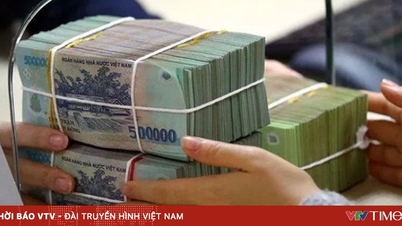

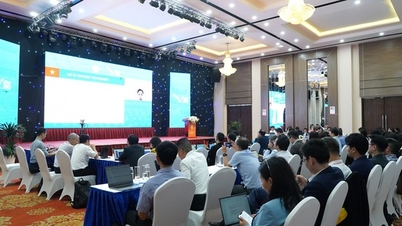

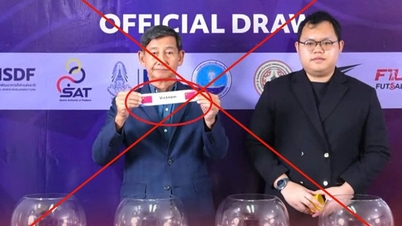

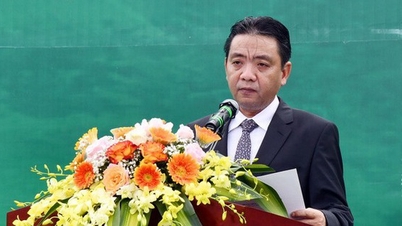
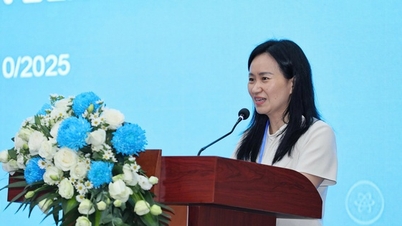
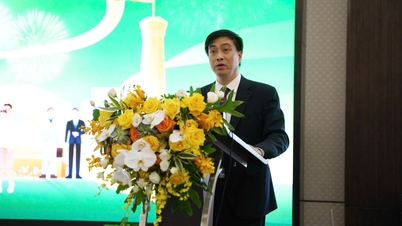


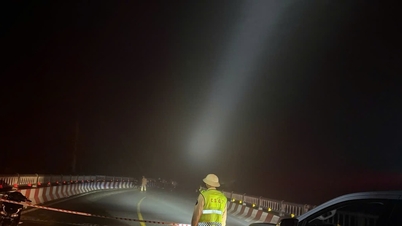

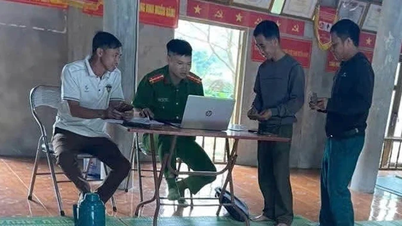

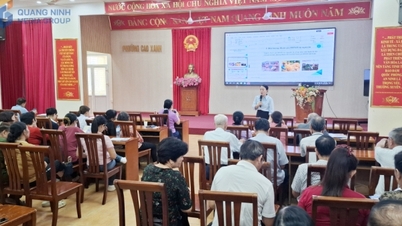

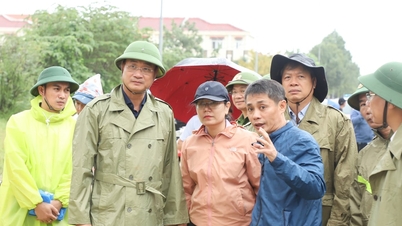

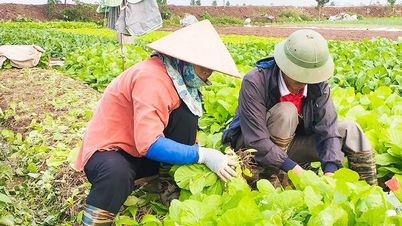
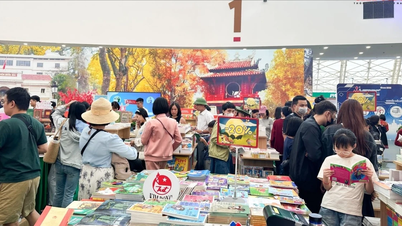













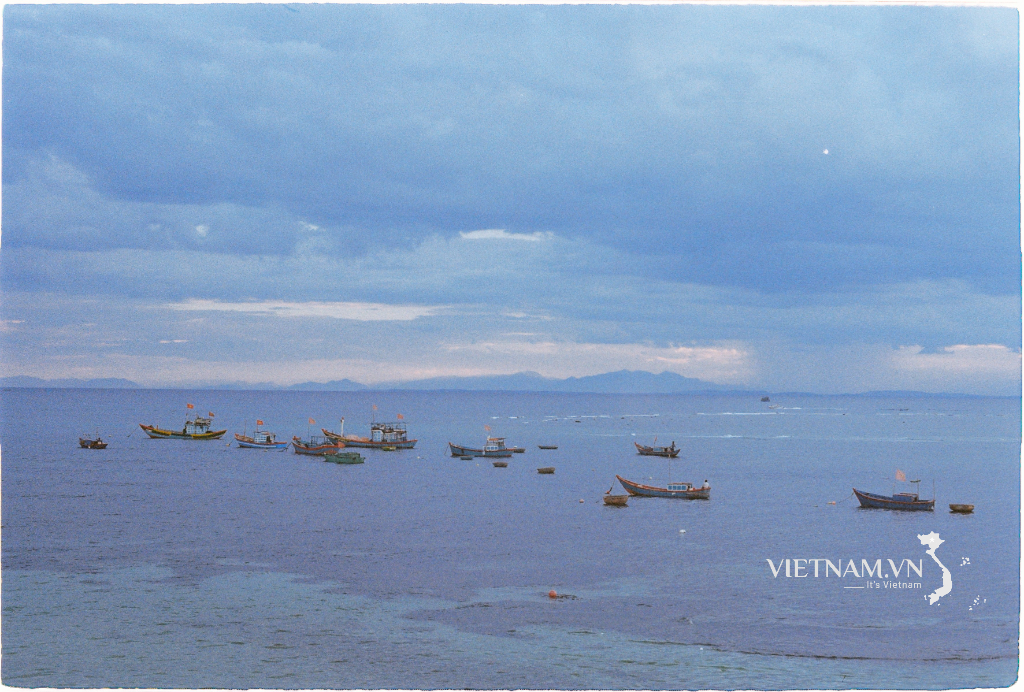



Comment (0)